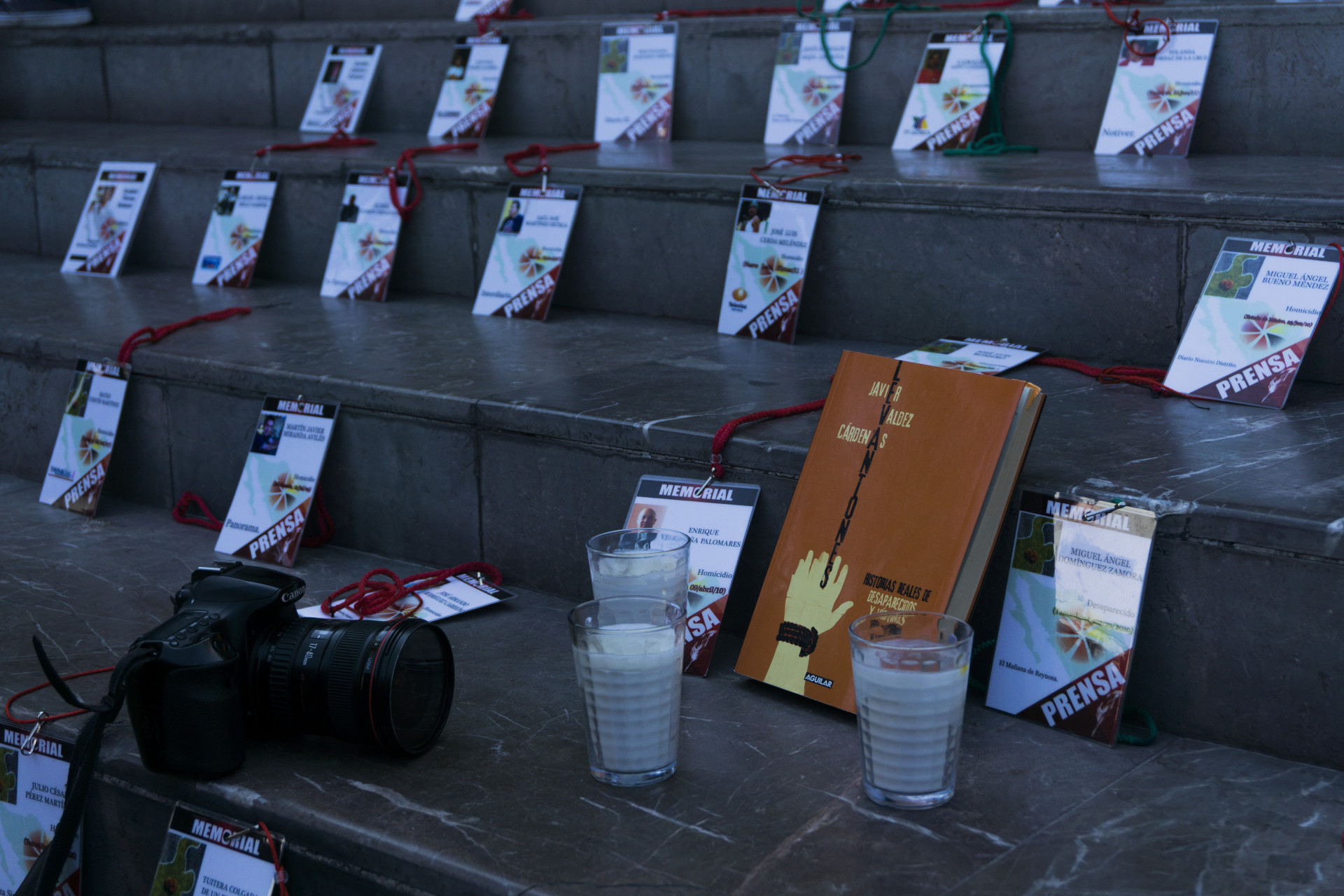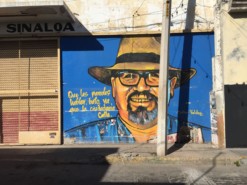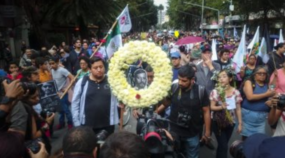Posted on 21 Jun 2022
El 15 de mayo del 2017, el asesinato de Javier Valdez conmocionó a México. Parte de una ola de violencia contra periodistas, el asesinato detonó un movimiento social por la protección de los periodistas en el país, destacando el papel clave de la sociedad civil en el combate al crimen organizado alrededor del mundo.
Tras el asesinato de Valdez, Global Initiative Against Transnational Organized Crime (la Iniciativa global contra el crimen organizado transnacional, GI-TOC) organizó los primeros Diálogos para la Resiliencia en Culiacán, una serie de sesiones diseñadas para integrar las perspectivas de las comunidades más afectadas por el crimen organizado en foros internacionales que influyen políticas globales en materia de desarrollo, paz y seguridad. De estas sesiones nació el Fondo Resiliencia, programa insignia de GI-TOC que busca construir una red global de comunidades resilientes para combatir los efectos del crimen organizado
En el 2019, una segunda edición de los Diálogos para la Resiliencia se llevó a cabo en Culiacán. Los participantes fortalecieron sus redes y crearon nuevas alianzas, y formularon una propuesta de ley que sería presentada al Congreso de Sinaloa. En junio de ese año, la Ley de Protección de Periodistas y Personas Defensoras de Derechos Humanos del Estado de Sinaloa fue propuesta por organismos de la sociedad civil, periodistas y activistas. La semilla había sido sembrada.
En colaboración con el Fondo Resiliencia, la organización de la sociedad civil Iniciativa Sinaloa implementó actividades dirigidas a fortalecer la resiliencia entre periodistas, defensores de los derechos humanos y colectivos de búsqueda de familiares de personas desaparecidas para mejorar su seguridad e incidir en políticas públicas a través de la iniciativa de ley.
El Congreso del Estado organizó foros para discutir la propuesta que contaron con la participación de representantes de Amnistía Internacional, de la Oficina en México del Alto Comisionado de las Naciones Unidas y de Reporteros Sin Fronteras, entre otros. Por su parte, Iniciativa Sinaloa, junto con otros organismos de la sociedad civil y con el apoyo de GI-TOC, también realizó sesiones con diferentes activistas, periodistas y asociaciones.
Pero la propuesta no fue aprobada. En 2021, solo había recibido una segunda lectura y no había sido discutida por los legisladores. El Congreso abrió nuevos foros en febrero del 2022 y periodistas y activistas fueron de nuevo invitados a compartir sus perspectivas. Pero no fue hasta que el periodista Luis Enrique Ramírez fuera encontrado muerto en Culiacán el 5 de mayo que se reactivó y aceleró el proceso legislativo. Días después, el 24 de mayo, el Congreso de Sinaloa aprobó la ley por unanimidad.
«Estamos frente a un hecho histórico y una gran oportunidad para cambiar la situación de riesgo que viven las y los periodistas y todas las personas que arriesgan su vida para defender los derechos ciudadanos», declaró Iniciativa Sinaloa. El dictamen incluye una adición al Código Penal para el Estado de Sinaloa para tipificar los delitos a la libertad de expresión con una sanción de hasta cuatro años de prisión. También contempla la creación de un instituto autónomo –con personalidad jurídica, patrimonio y presupuesto propios–, para que periodistas y defensores de los derechos humanos cuenten con una instancia a la que puedan recurrir en caso de una amenaza o agresión.
En un país considerado como el más peligroso para los periodistas, marcos regulatorios como este son imprescindibles para garantizar su protección y promover la rendición de cuentas, contrarrestando la cultura de impunidad que predomina en México desde hace demasiado tiempo. Dada la urgencia del problema, con 11 periodistas asesinados solo en lo que va del 2022, el apoyo a iniciativas locales como Iniciativa Sinaloa debe ser parte esencial de las respuestas federales. Sin embargo, como detalla el Índice Global de Crimen Organizado de GI-TOC, la existencia de estos mecanismos no es suficiente, y para que sean efectivos, es necesaria la voluntad de los gobiernos para implementarlos y hacerlos cumplir.

Conoce el dictamen de Ley aquí
Conoce más sobre el Fondo Resiliencia aquí



